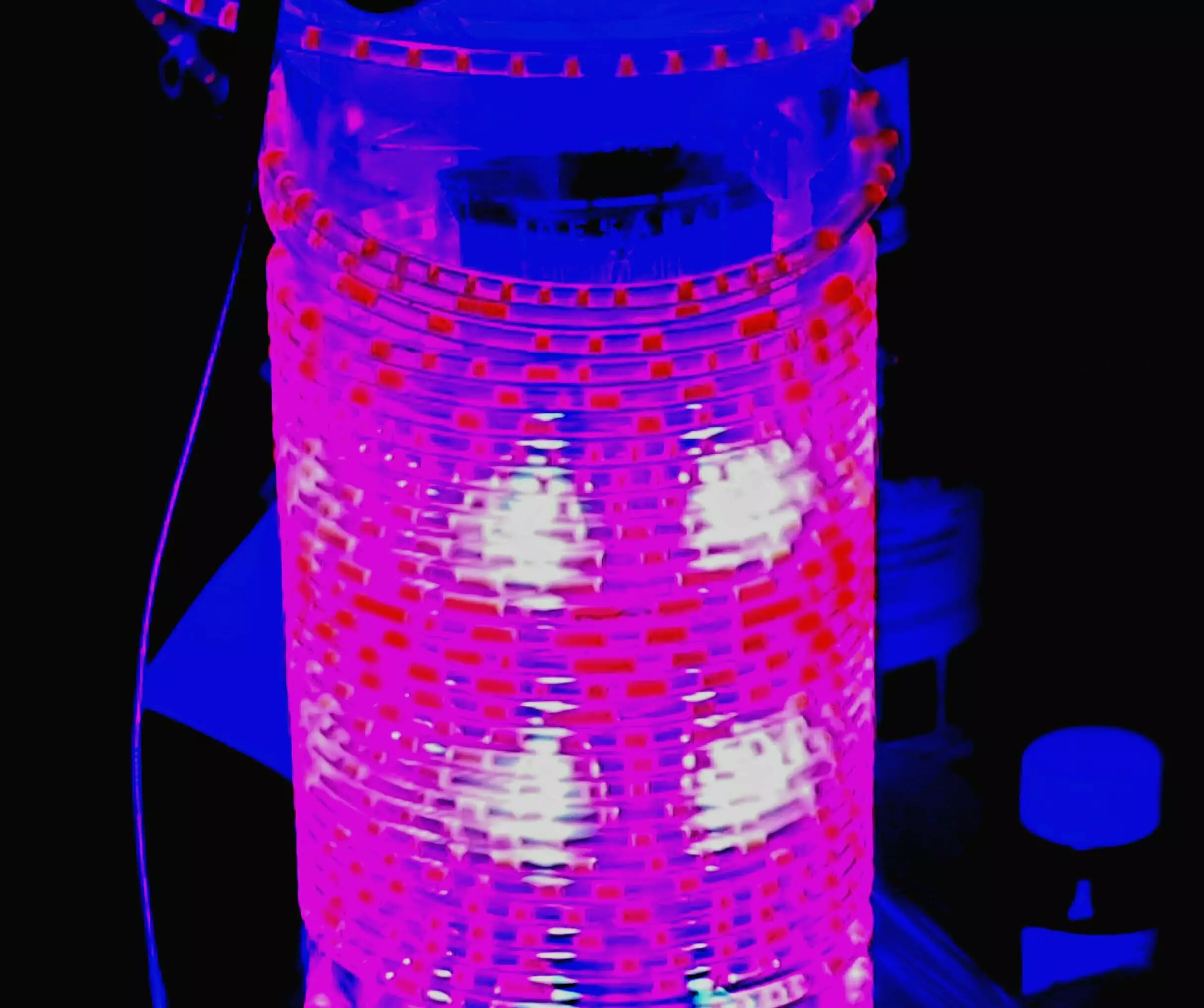Chemical synthesis plays a crucial role in the development of various products, from medicines to high-performance materials. Traditional synthesis methods involve the use of organic solvents, metal catalysts, and reagents that often result in waste and environmental harm. However, researchers from the University of Regensburg have introduced a game-changing approach to chemical synthesis that eliminates the need for organic solvents and other additives.
The groundbreaking methodology developed by Prof. Dr. Burkhard König and his team involves applying the molecules to be reacted to a water surface, where they form a thin film. This film of water-insoluble organic molecules creates the perfect environment for activation by violet light. Through irradiation with light, the molecules on the water surface undergo a reaction that links the two reaction partners together.
The new methodology showcased its versatility by successfully synthesizing over 160 different examples, including precursors of drugs. This innovative approach not only eliminates the need for organic solvents and other additives but also significantly enhances the efficiency and environmental friendliness of the chemical production process. The results of this groundbreaking research have been published in the prestigious journal, Science.
Over the course of the two-year project, the research team conducted numerous experiments to further refine and validate their discovery. A major breakthrough was achieved when the reaction was successfully transferred to a flow reactor, enabling continuous synthesis and the production of larger quantities of the desired product. Spectroscopic measurements provided valuable insights into the molecular mechanism of the reaction, paving the way for future advancements.
Moving forward, the synthesis technology developed by the University of Regensburg will be applied to a wide range of other reactions to expand its application in the production of chemical products. This innovative approach has the potential to revolutionize the field of chemical synthesis, offering a more sustainable and efficient alternative to traditional methods.
The new methodology for chemical synthesis developed by Prof. Dr. Burkhard König and his team represents a significant step towards a more sustainable and environmentally friendly approach to chemical production. By harnessing the power of light reactions on a water surface, this revolutionary approach opens up new possibilities for the synthesis of complex molecules without the use of harmful solvents and additives. The future of chemical synthesis looks brighter than ever with this groundbreaking technology.


Leave a Reply